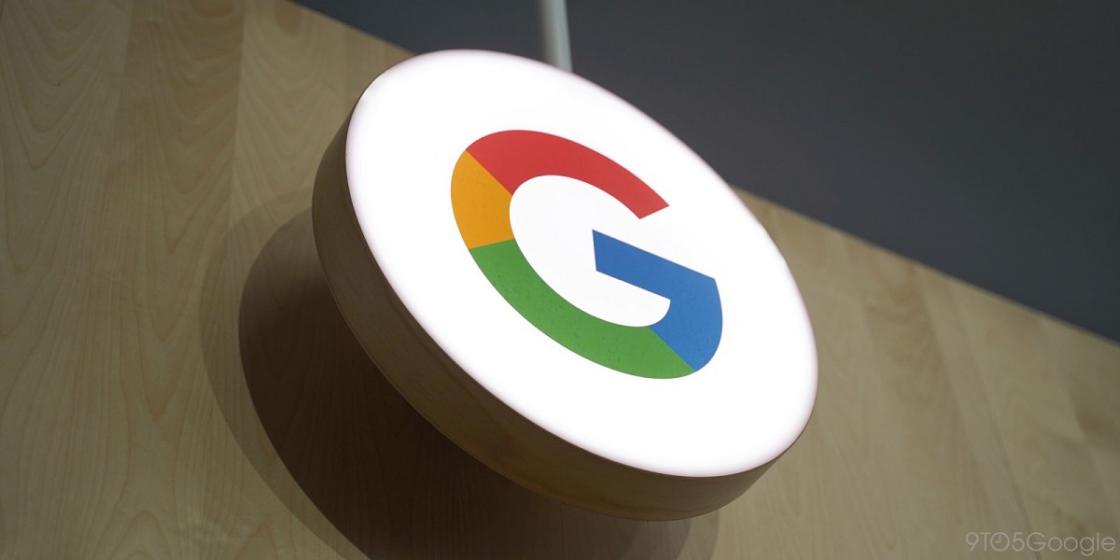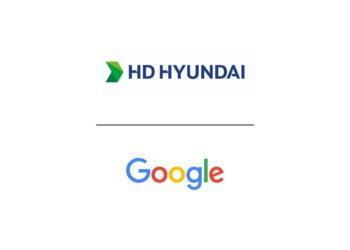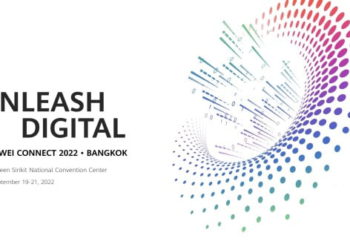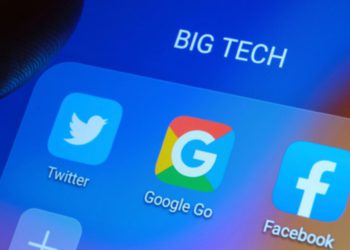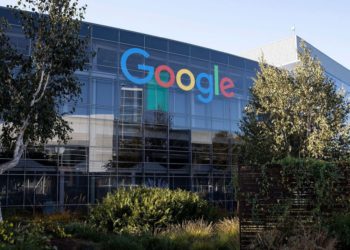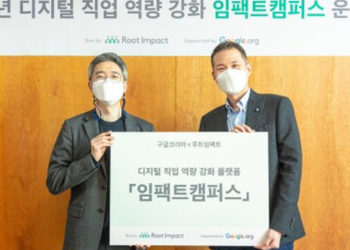Karl Song said, in a press conference during Huawei Connect 2019 in Shanghai last Thursday to Korean journalists, that Google will take a hit if it cut ties with the Chinese smartphone maker Huawei.
Karl Song is the president of Huawei’s public affairs and communication department. He said Huawei significantly contributed to the expansion of Google’s Android ecosystem, services, and apps.
He noted, “Crisis could turn into an opportunity,” but admitted that Huawei’s efforts to increase its shares in overseas smartphone markets would meet obstacles because of Google.
“Huawei has contributed a lot to Google. If Google abandons Huawei, it will suffer damage as well. Huawei and Google have worked together well. We have mutual trust. I look forward to further cooperation,” said Song.
The remarks came after concerns that Huawei’s smartphone business will face obstacles by the ongoing trade war between the U.S. and China. Google pulled its apps and services from Huawei’s new smartphones.
Also on Thursday in Munich, Huawei announced the launch of its high-end Mate 30 series. The Mate 30 series features four rear cameras, 8GB of RAM, and 256GB of storage, but without full Android support. The Mate 30 smartphones do not possess Google services or applications (Google Maps, Gmail, Chrome, or the Google Play Store).
Huawei as it is cut off from Google entirely, prepared for the worst by unveiling in August its own Harmony Operating System declaring it “Plan B.”
Song disagreed with the skepticism faced by the company, saying, “We will be able to resolve the situation with our own operating system.” The company encountered doubt that the system is unlikely to have competitive advantage outside China even with successful development.
“We never stopped production after the U.S. added us to its entity list,” Song said. “We have also made an enormous investment in the fifth-generation (5G) networks business and signed about 50 contracts. We are keeping ahead of competitors.”
“The U.S. has never presented evidence when calling the security of our products into question,” he said. “We are willing to allow the U.S. to examine our software and hardware anytime it wants.”
Song expressed confidence that Huawei would be able to resolve 93 percent of the problems caused by the blacklisting of the company by the Donald Trump administration in May. He added that the company hopes to address the issues by the end of the year.
The U.S. had made the technical problem surrounding Huawei’s products a political issue and security concern.
“The U.S. has never presented evidence when calling the security of our products into question,” he said. “We are willing to allow the U.S. to examine our software and hardware anytime it wants.”
Korea, an ally of the United States, also made the security issue a controversial matter. In this regard, Huawei Korea CEO Shawn Meng along with Song said the company was willing to comply with the ICT and Ministry of Science to verify security standards.
“Huawei products do not provide a backdoor,” Meng said. “People can test our products at any time.”

